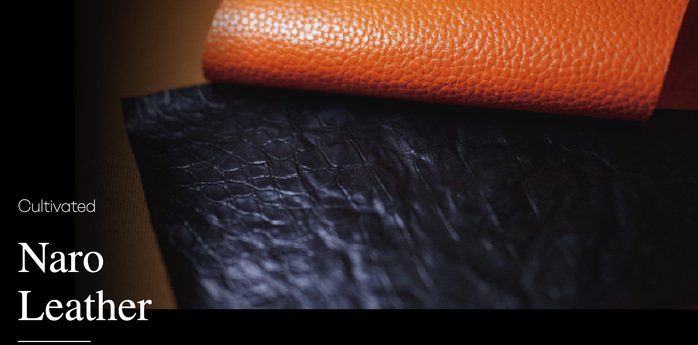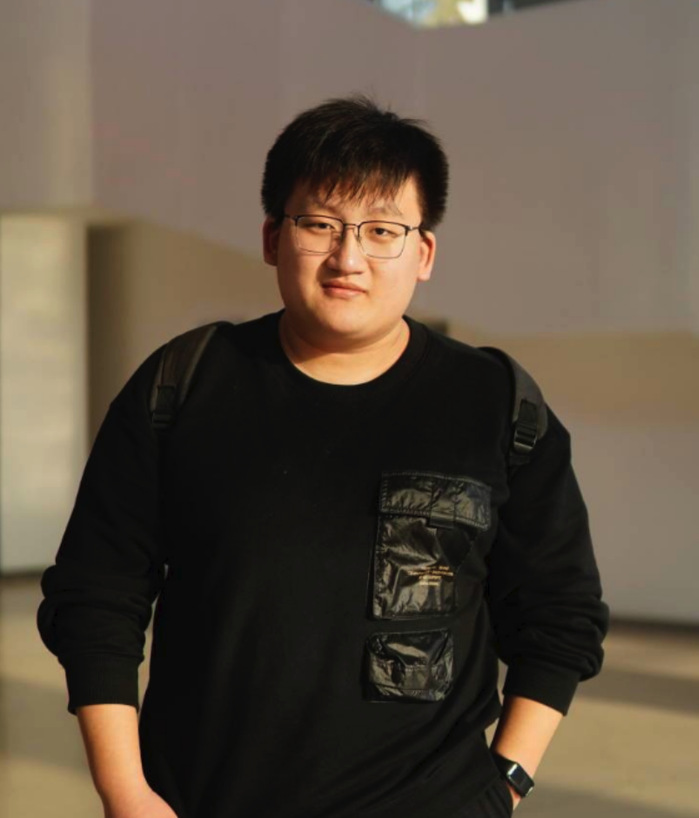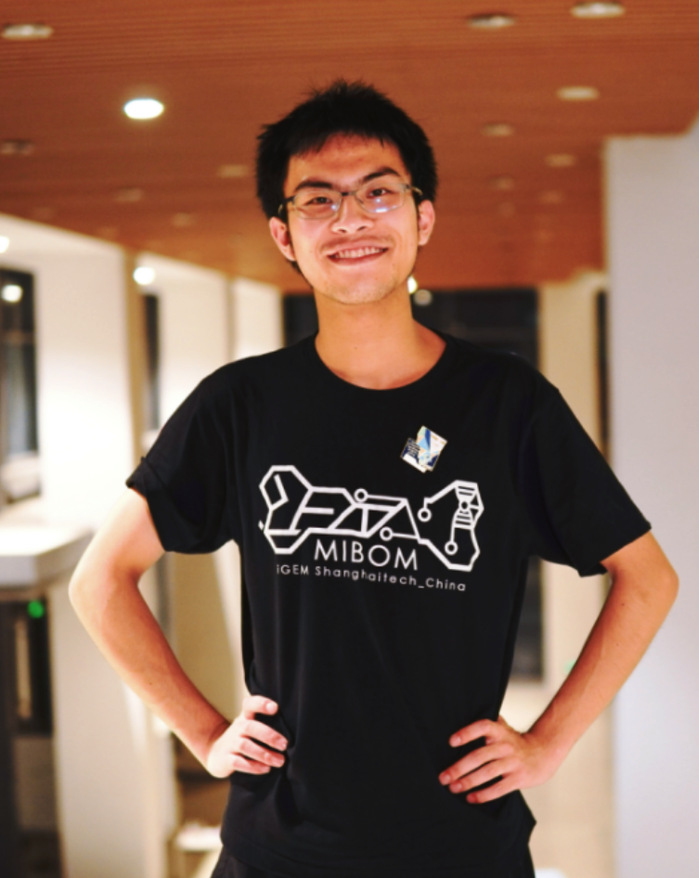Recently, SynMeta bio, a startup founded by two senior undergraduate students in SLST of ShanghaiTech University, has completed seed and angel rounds of financing, totaling tens of millions RMB. Specifically, the seed round was led by Miracleplus, and the angel round was led by Linear Capital, with Miracleplus, Danen Capital and K2VC following up.

Being successfully financed means that SynMeta bio has finally emerged from the incubating stateto a formal startup. Currently, SynMeta bio has a R&D center of nearly 2,000 m2, and a platform for the development and pilot production of microbial fiber materials. “We have completed a pilot production of our bio-based leather Naro on a scale of hundreds of liters,” introduced by Su Rui, one of the founders. “The pre-commercial production would be conducted in Q2 of 2023, and the scale of the commercial production is expected to reach 2.5 million m2 per year in Q4 of 2023.”

It is rare for undergraduates to set up biotech companies with high technical barriers. However, this is not difficult at ShanghaiTech, a place that always encourages innovation and development.
Majoring in Biomedical Engineering, Su entered research groups of professors Fan Gaofeng, Zhang Yifeng and Shen Wei in SLST and Zheng Yijun in SPST in his first year and second year, to learn about molecular cloning, synthetic biomaterials and cell cultivation. The rich experiences aroused Su’s great interest in materials science. He started to conduct in-depth research in the intersection of biology and materials, especially in the field of synthetic biomaterials and its engineering. Along with the technical training, Su also minored in Innovation and Entrepreneurship at SEM, which gave him a clearer understanding of entrepreneurship.
In November 2021, as the team leader, Su led the undergraduate team of ShanghaiTech won the gold medal in 2021 iGEM, with their project “Mussel Inspired Biological Operational Material (MIBOM)”, and won the third place in the world. This was an opportunity for Su to turn his inspiration into reality. Afterwards, Su and his iGEM fellow Wen Yujie founded SynMeta bio, to turn their project into an industrialized product. SynMeta bio is the first company so far in the industry to use synthetic biotechnology to produce biological materials such as microbial fibers, spider silk proteins and mussel mucin.


SU Rui Wen Yujie
As one of SynMeta bio’s products, the bio-based leather Naro has 4 layers. The outermost layer, also called the surface layer, is the biological nanofiber membrane, which is a layer of dense and flat fiber network with high crystallinity; the second layer is an elastic and texture layer composed of natural rubber and agricultural waste; the third layer is fibrous layer where fibers resemble the disorderly interlaced fiber structure of the dermis; the fourth layer is a bio-based fiber cloth or extremely thin biological nanofiber membrane. In terms of appearance and feeling, Naro is very close to genuine leather. It has similar mechanical properties with full grain leather, while its cost, after commercial production, will be lower than that of genuine leather, even less than artificial leather.
In Fall 2022, Su gave up the opportunity of postgraduate recommendation, and decided to devote himself to SynMeta bio. “ShanghaiTech encouraged us to formulate a suitable development path, and provided us significant supports before and after the foundation of SynMeta bio, whose strategic plan has been gradually established after one year’s development,” said Su. “I feel very lucky to receive my earliest scientific research enlightenment at ShanghaiTech, which helped me to form a fundamental understanding on academia and industry, and find the most suitable development path for ourselves. I hope that in the future both we and SynMeta bio can stay true to our original aspiration, and strive to industrialize technology and create more value for the society.”

